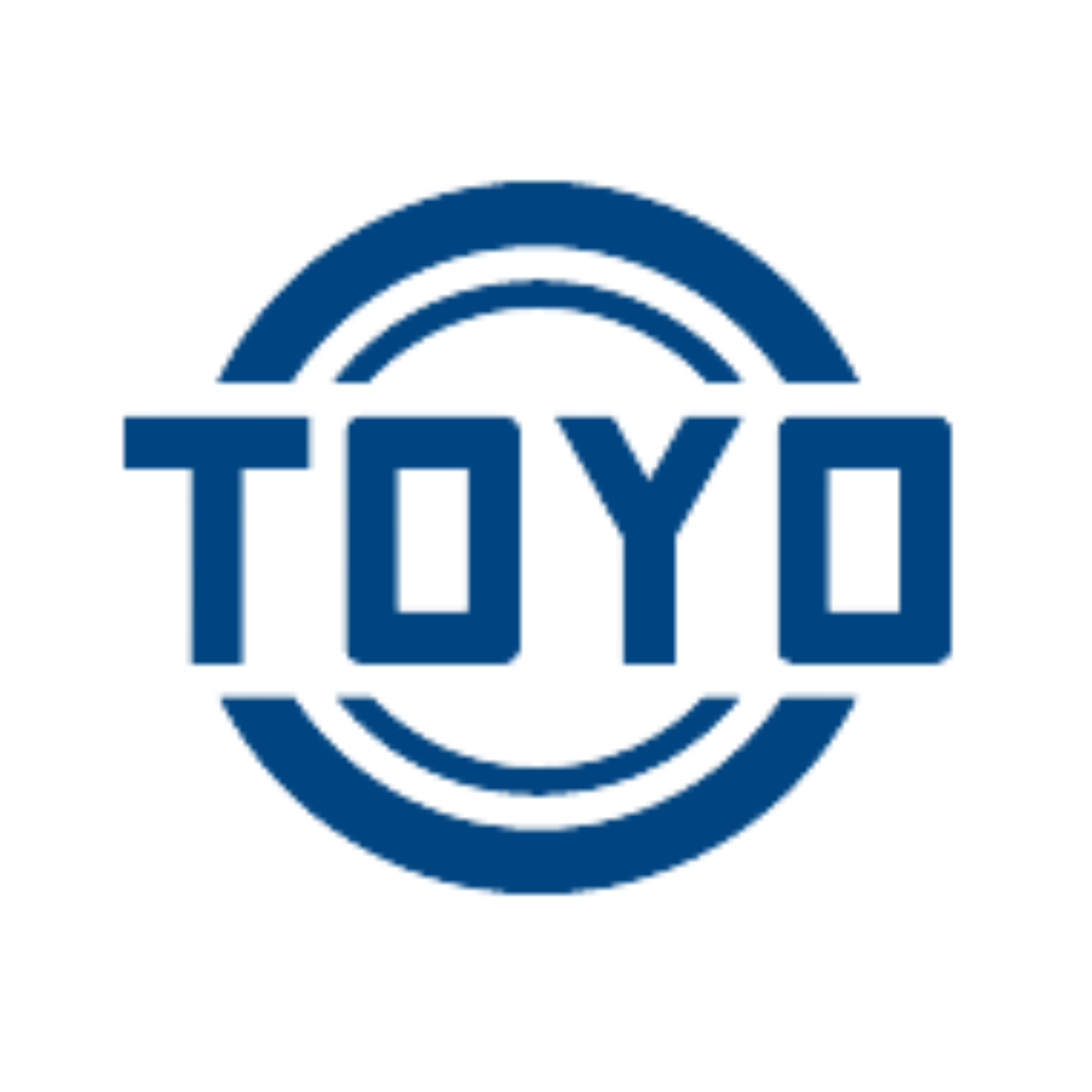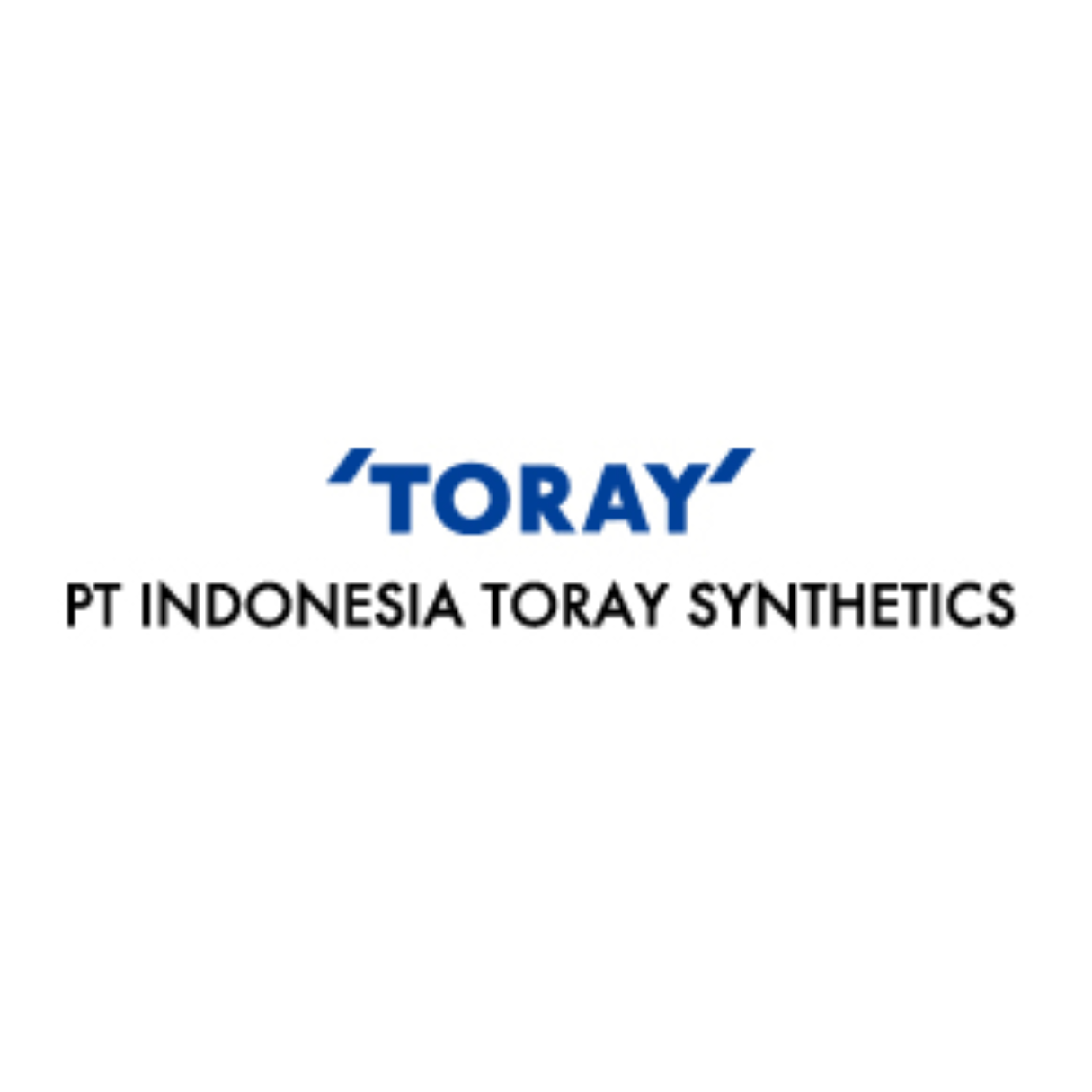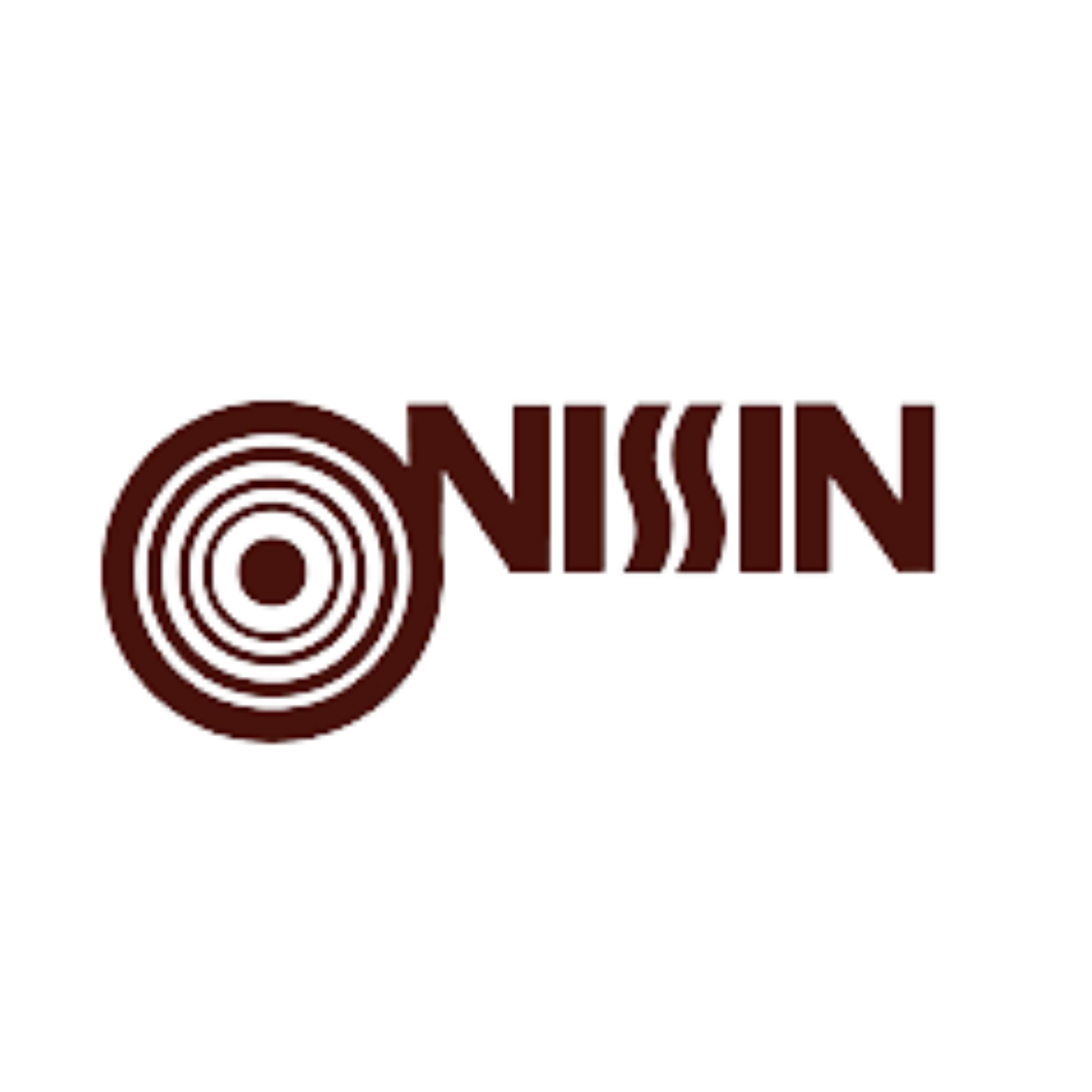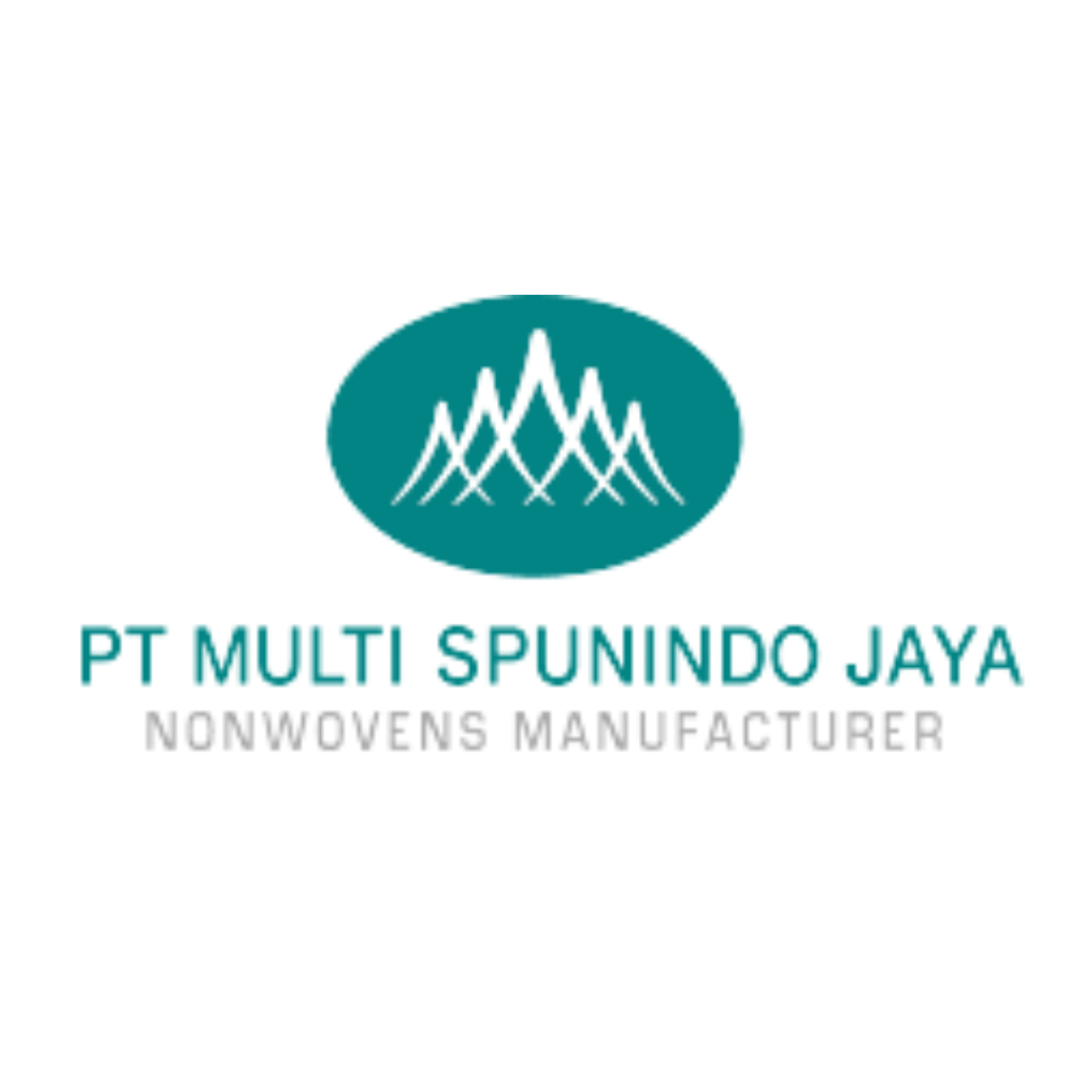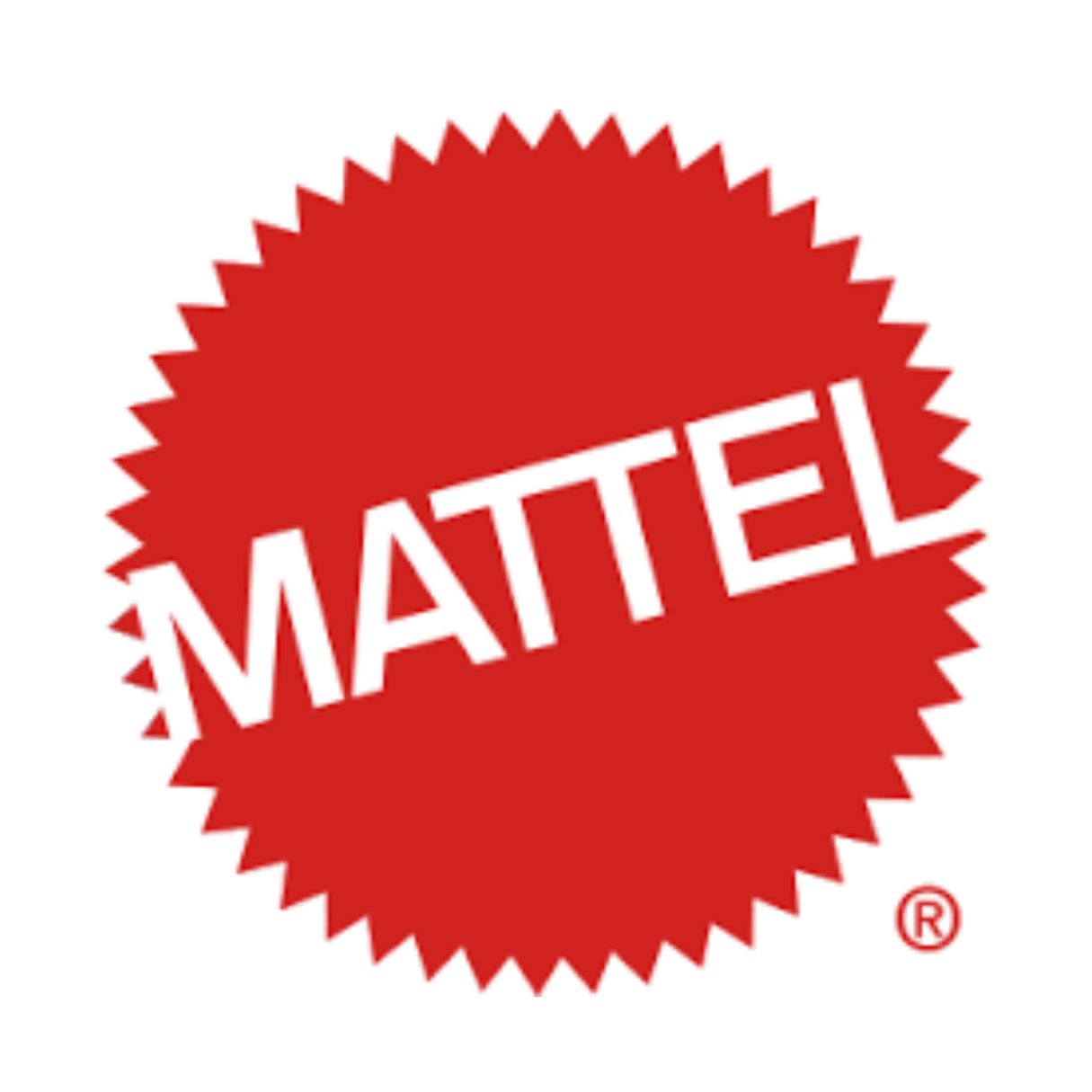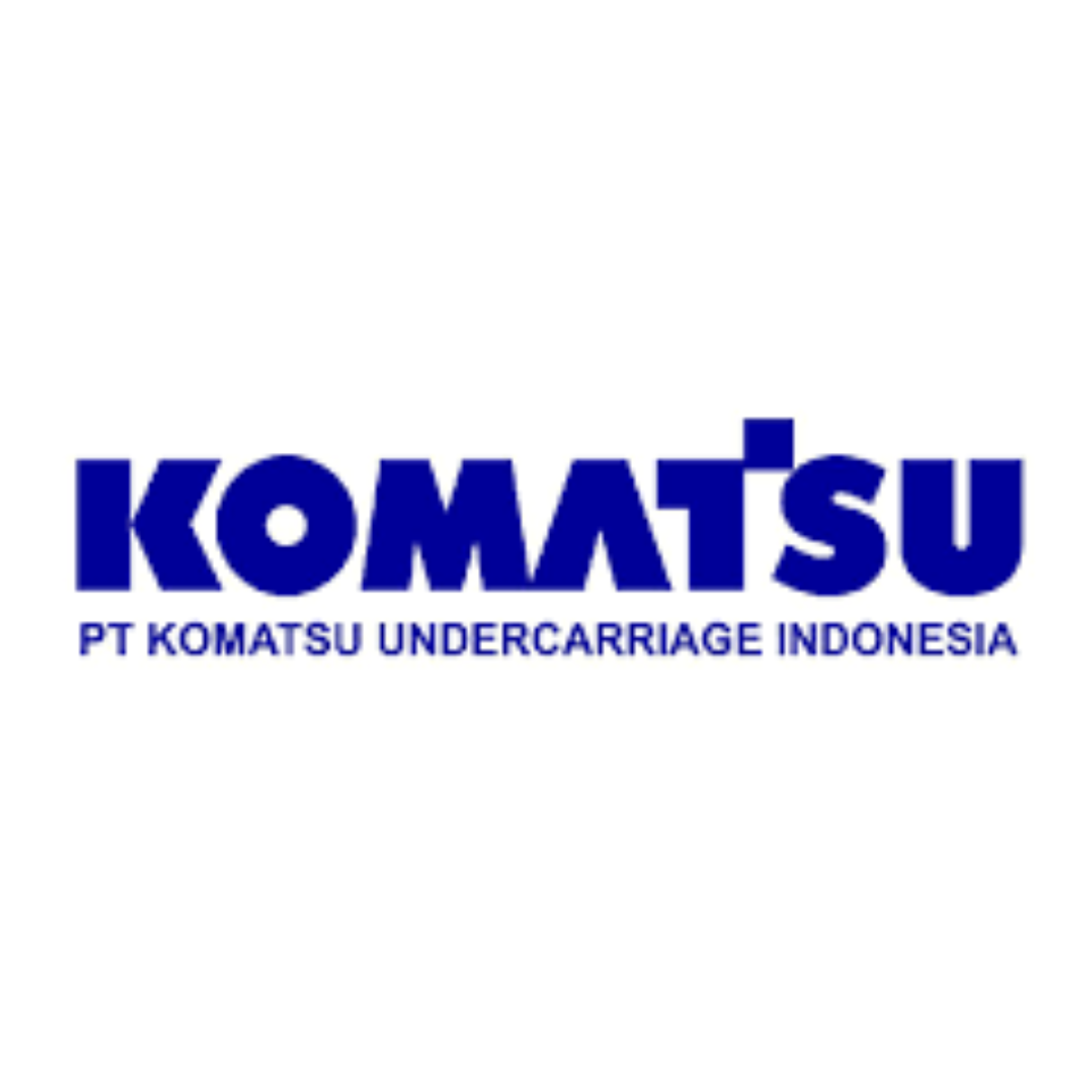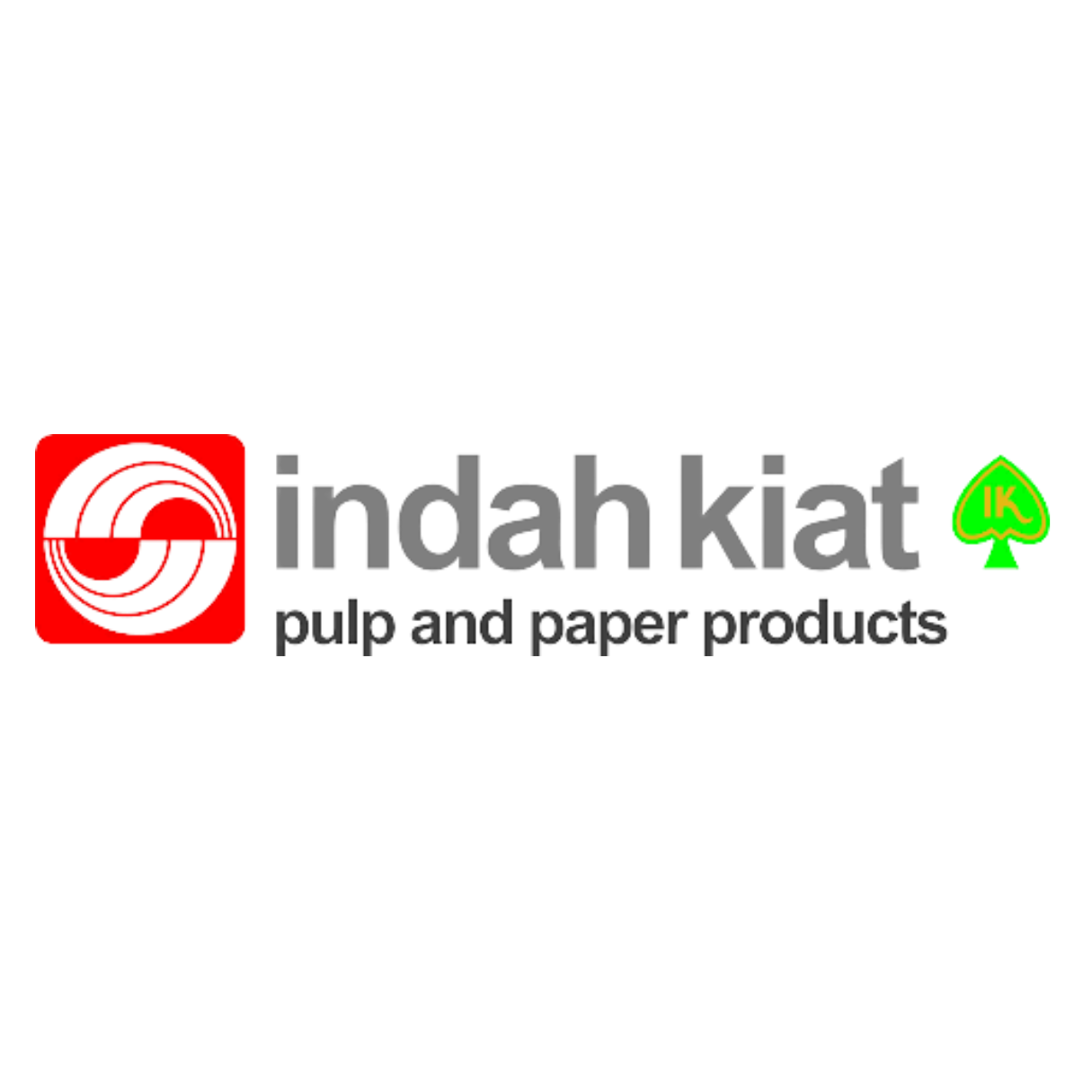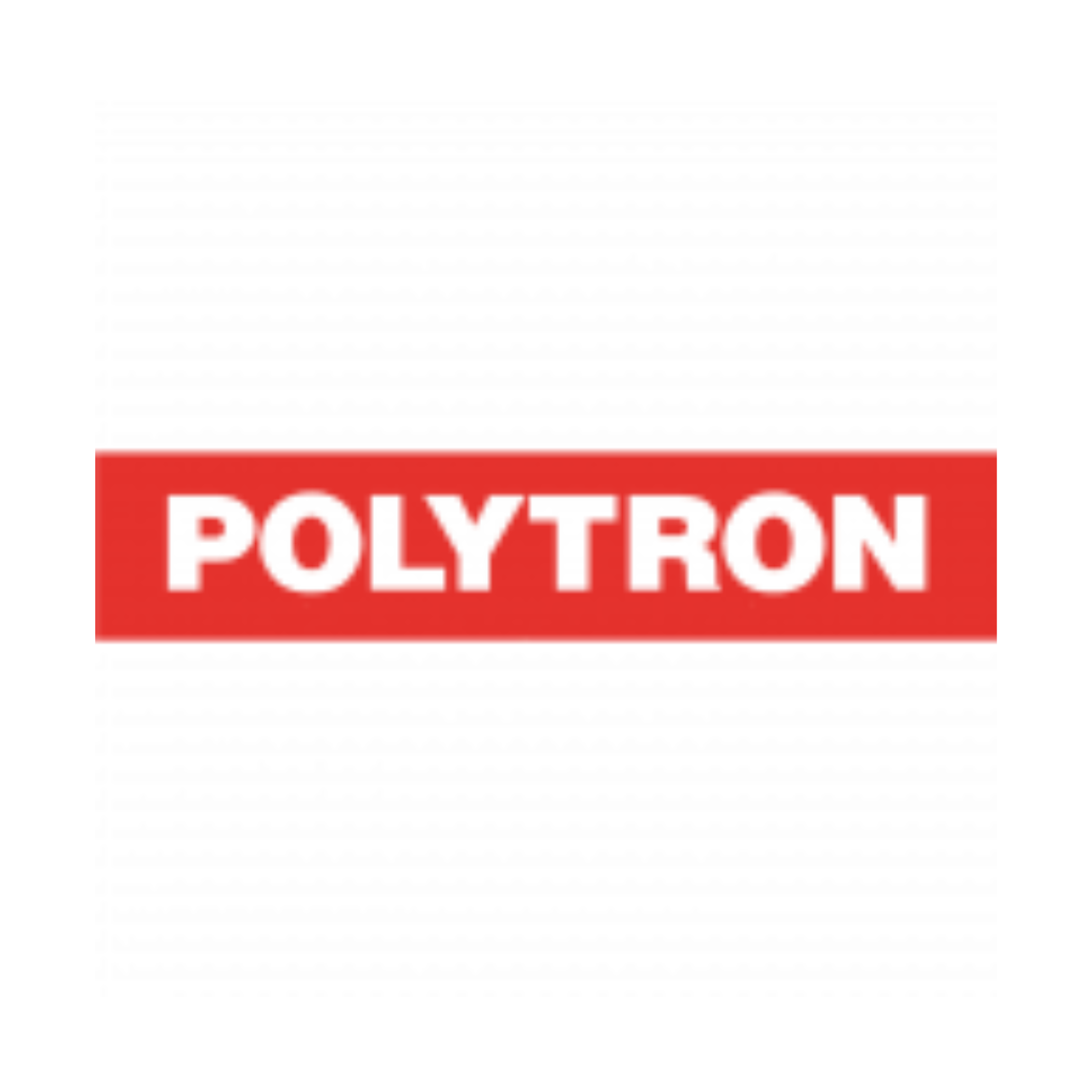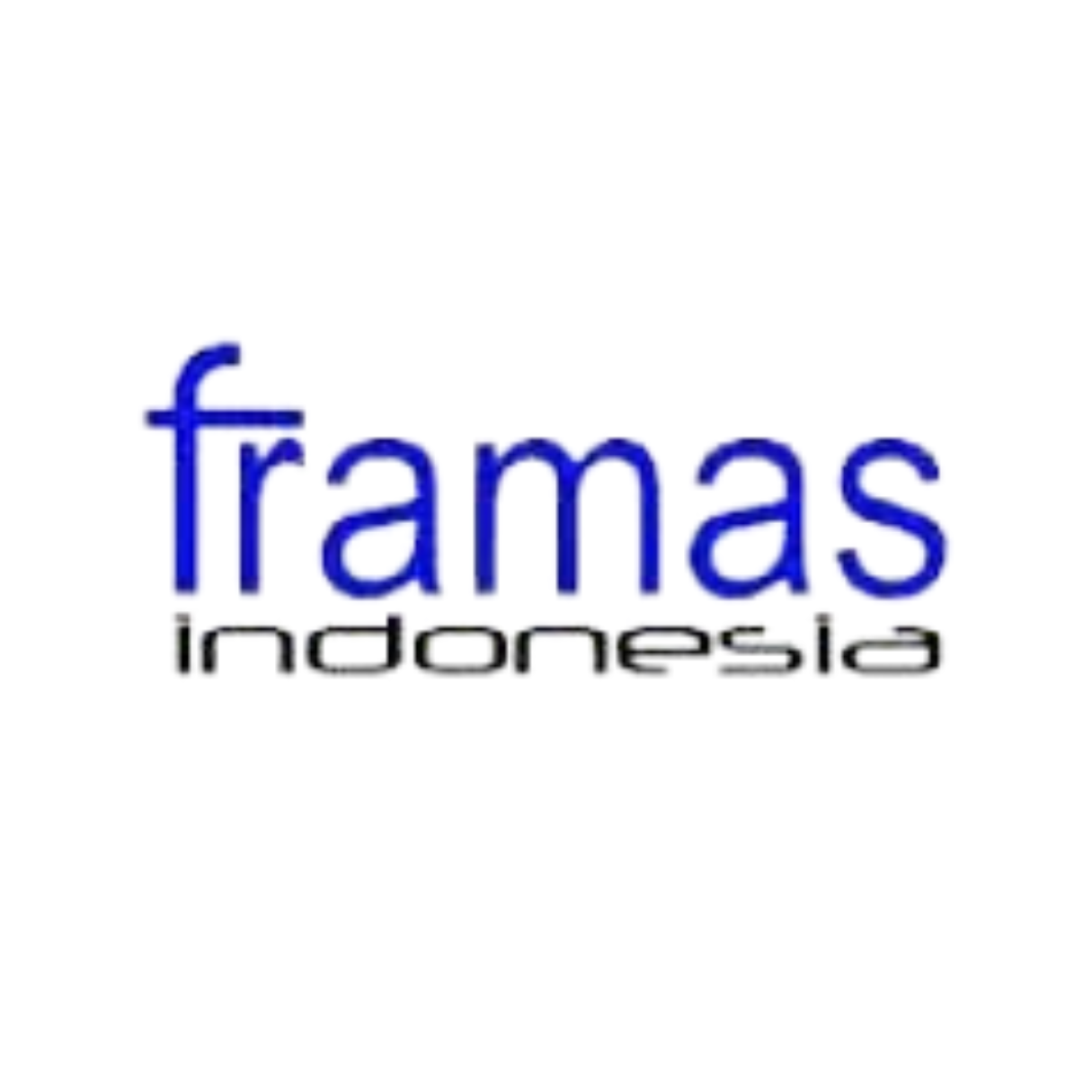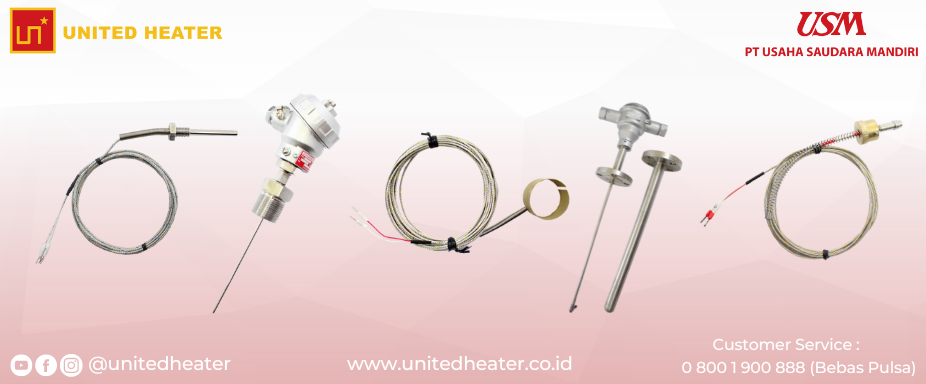
Considerations for Thermocouples
Thermocouples are essential heating elements used across various industrial applications. Different types of thermocouples, such as Type K, Type J, Type R, Type S, Type B, as well as RTD 100, RTD 500, and RTD 1000, offer specific temperature ranges and characteristics. It's important to understand the considerations for each type to ensure their proper usage. In this article, we will discuss the important aspects to consider for each type of thermocouple heater, along with their temperature ranges.
Type K and Type J:
Temperature Range: Type K has a temperature range up to 800°C, while Type J is suitable for lower temperatures, around 750°C.
Materials: Type K uses Chromel-Alumel wire, while Type J uses Iron-Constant wire.
Corrosion Resistance: Type K is more corrosion-resistant due to its materials.
Applications: Type K is commonly used in general industrial applications, while Type J is used in non-corrosive environments.
Maintenance: Avoid exposure to extreme temperatures that could damage wire insulation, and prevent metal contamination that may affect temperature readings.
Type R and Type S:
High Temperature Range: Type R covers temperatures from approximately 0°C to 1600°C, while Type S is suitable for temperatures around 0°C to 1600°C.
Materials: Both use Platinum-Rhodium alloy with different compositions: Type R - 13% and Type S - 10%.
Precision: Type S offers higher precision at high temperatures compared to Type R.
Applications: Types R and S are commonly used in metallurgy, metal refining, and high-temperature laboratory settings.
Maintenance: Avoid temperatures outside the specified range and periodically check insulation.
Type B:
Temperature Range: Type B is suitable for extremely high and low temperatures, including up to 1700°C.
Materials: Type B uses Platinum-Rhodium alloy with a specific composition.
Precision: Type B offers high precision but requires careful maintenance.
Applications: Used in laboratory settings, material testing, and industries with extreme temperatures.
Maintenance: Avoid contamination and regularly inspect to maintain precision.
RTD (Resistance Temperature Detector):
Temperature Range: RTD 100 covers temperatures from approximately -200°C to 600°C, RTD 500 from -200°C to 350°C, and RTD 1000 from -200°C to 260°C.
Materials: Utilizes platinum as a heating material with resistance that changes with temperature.
Precision: RTDs offer high and stable precision.
Applications: Used in pharmaceutical, food, and high-precision applications.
Maintenance: Avoid extreme temperatures and regularly inspect for accuracy.
As a heating solutions-focused company, United Heater provides a range of high-quality thermocouples to meet temperature monitoring needs across industries. Our thermocouple products are backed by cutting-edge technology and designed for optimal accuracy and durability. Additionally, United Heater holds ISO 9001 and CE certifications, reflecting our commitment to high-quality standards.
For reliable and accurate temperature monitoring solutions, choose thermocouples from United Heater. We are ready to provide further information and assist you in selecting the right products for your industrial application needs.
Consult your needs immediately for free with our team at 0 800 1 900 888 (toll-free). Get the right heating element solution for your industrial application needs. Don't forget to visit our website at unitedheater.co.id and United Heater social media at @unitedheater.

